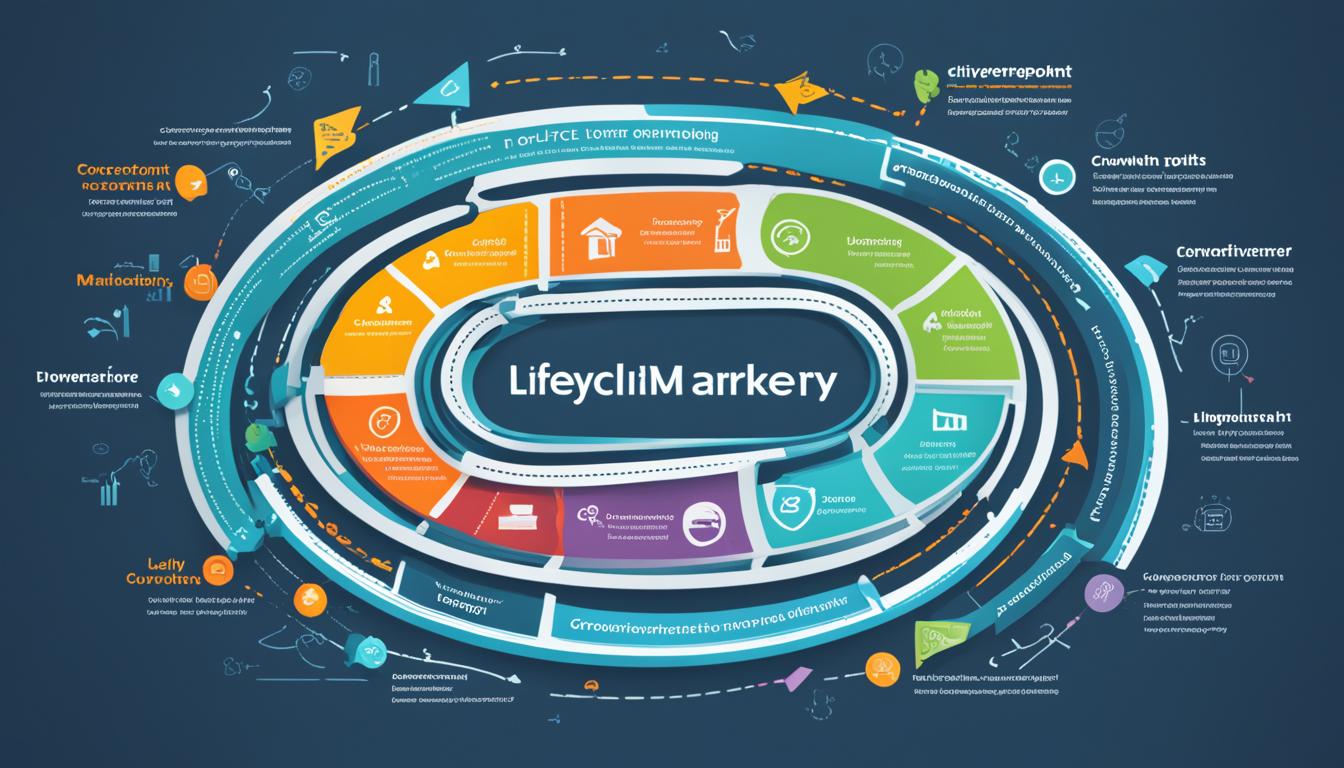In today’s highly competitive business environment, gaining a deeper understanding of customers and delivering personalized experiences is essential. One tool that has been gaining traction in marketing strategies is Location Intelligence (LI). Location Intelligence is the process of deriving meaningful insights from geographic and spatial data to solve business problems. By tapping into this data, businesses can enhance their marketing efforts, making them more efficient and tailored to the needs of their target audiences.
What is Location Intelligence?
Location Intelligence involves gathering and analyzing geographic data to uncover patterns, relationships, and trends. It uses Geographic Information Systems (GIS), spatial analytics, and location-based services to provide insights that can help businesses make data-driven decisions.
For marketing, LI enables companies to pinpoint where their customers are, how they interact with their surroundings, and what external factors influence their behavior. This data provides a rich foundation for segmenting markets, personalizing campaigns, optimizing advertising, and enhancing customer experiences.
Benefits of Using Location Intelligence in Marketing
1. Enhanced Targeting and Personalization One of the most significant advantages of LI is its ability to provide granular insights into customer behavior based on their location. This allows marketers to create highly targeted campaigns. For instance, retailers can send out promotional offers to customers when they are near a store location, or service providers can tailor ads based on local events or weather conditions.
By understanding the geographic distribution of customers and their behaviors in different areas, businesses can craft marketing messages that resonate more effectively with local audiences. This level of personalization helps to build stronger connections with customers, leading to increased loyalty and engagement.
2. Optimized Advertising Spend Location Intelligence can help businesses allocate their advertising budgets more effectively. By analyzing geographic data, companies can identify areas where their marketing efforts will have the most significant impact. Instead of casting a wide net with generic ads, businesses can focus their resources on regions where potential customers are most concentrated.
For example, a restaurant chain could use LI to determine which neighborhoods have a higher density of their target demographic and run targeted ads only in those areas. This approach minimizes wasteful spending and maximizes return on investment (ROI) by ensuring marketing dollars are spent where they will yield the best results.
3. Improved Customer Engagement Location-based marketing can lead to more meaningful interactions with customers. Businesses can use LI to offer timely promotions and information based on where a customer is at a particular moment. For instance, sending push notifications for discounts when a customer is in proximity to a store can increase foot traffic and drive sales.
Additionally, marketers can use LI to create personalized content that speaks to the local culture, language, or events, making the marketing message more relevant to the audience. This relevance not only improves engagement but also boosts the likelihood of conversion.
4. Data-Driven Decision Making Location Intelligence allows businesses to make better marketing decisions by using real-time and historical geographic data. Whether it’s deciding where to open a new store, launching a local ad campaign, or adjusting inventory based on regional demand, businesses can leverage spatial insights to guide their strategies.
Moreover, LI can help marketers understand competitive landscapes, demographic shifts, and changes in customer behavior, enabling them to adapt quickly to evolving market conditions. With accurate data on hand, businesses can make informed choices that are more likely to succeed.
5. Improved Event Marketing Location Intelligence can be a game-changer for businesses that rely on event marketing. For instance, companies can use LI to analyze foot traffic patterns at large events, such as trade shows, concerts, or festivals. By understanding where attendees are coming from, businesses can optimize their on-site presence and promotions to engage with the right audience segments.
Moreover, event organizers can use LI to plan better and ensure that their marketing efforts align with the areas where attendees are most concentrated. This data can also be used to improve future event planning by understanding geographic trends and attendee preferences.
6. Competitive Analysis Location Intelligence is not only useful for understanding customer behavior but also for keeping an eye on competitors. By analyzing the geographic distribution of competitors’ customers, businesses can identify gaps in the market or potential areas for expansion.
This insight allows businesses to be proactive in their marketing strategies, positioning themselves in locations where they can gain a competitive edge. Additionally, companies can use LI to track the effectiveness of competitors’ campaigns in different regions and adjust their tactics accordingly.
Industries Benefiting from Location Intelligence
Many industries are leveraging Location Intelligence to enhance their marketing efforts. Retail, hospitality, real estate, and transportation sectors are particularly reaping the benefits of LI.
- Retail: Retailers use Location Intelligence for consumer brands to optimize store locations, predict foot traffic, and tailor promotions to local audiences.
- Hospitality: Hotels and restaurants utilize LI to attract travelers and locals by offering personalized deals based on location.
- Real Estate: Real estate agents and developers use LI to analyze neighborhood trends and predict property values.
- Transportation and Logistics: Companies in these sectors use LI to optimize delivery routes and ensure timely service based on traffic patterns and geographic constraints.
Overcoming Challenges with Location Intelligence
Despite the advantages, businesses must be mindful of challenges when incorporating Location Intelligence into marketing strategies. Ensuring customer privacy is a top concern, especially when dealing with location-based data. Adhering to privacy regulations such as GDPR and implementing transparent data collection practices is essential.
Moreover, interpreting and acting on location data can be complex, requiring specialized skills and tools. Partnering with experts or investing in user-friendly GIS and analytics platforms can help businesses harness the full potential of Location Intelligence.
Conclusion
Location Intelligence is a powerful tool for marketers looking to improve customer targeting, enhance engagement, and make data-driven decisions. By understanding where customers are, what they need, and how to reach them, businesses can create more effective marketing strategies that drive growth. As technology continues to evolve, Location Intelligence will become an even more integral part of modern marketing.





